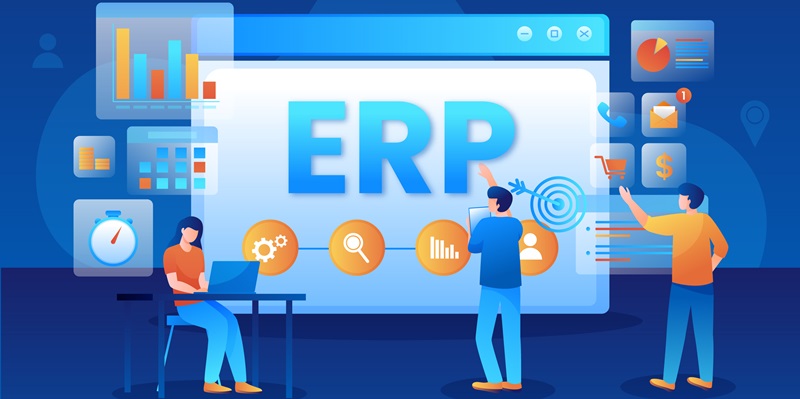With the rise of digital commerce, businesses are under increasing pressure to ensure that their operations are not only efficient but also sustainable. The integration of Enterprise Resource Planning (ERP) systems with eCommerce platforms presents a vital opportunity to meet this challenge. By harnessing the synergy between the two, companies can enhance their business processes, optimize resource management, and ultimately foster a more sustainable and environmentally responsible operation.
Optimizing Operations for a Sustainable Future
The key to sustainability in business operations lies in integrating ERP systems with eCommerce to streamline crucial processes. By weaving these technological threads together, organizations can identify inventory trends, track product lifecycles, and ensure that supply meets demand without excess. As a result, waste is minimized and the overproduction of goods can be curtailed, helping to conserve natural resources and reduce environmental impact. In the age of rapid consumption, such efficiency is not only good for the business but crucial for the health of our planet.
Furthermore, the detailed analytics provided by ERP systems allow for more accurate forecasting and planning. Businesses can anticipate consumer needs with greater precision, thereby avoiding the pitfalls of overstocking, which not only ties up capital but also risks creating an unsellable surplus that may end up as waste. With a more streamlined approach to inventory, the carbon footprint of storing and managing products is drastically reduced. In essence, a robust ERP system enhances the capacity to implement and maintain sustainable practices throughout the eCommerce ecosystem.
The Role of Technology in Sustainable Practices
As digital commerce expands, businesses are pushed to adopt more efficient, eco-friendly practices. Merging Enterprise Resource Planning (ERP) with eCommerce is a strategic move to address this. This integration allows for a streamlined blend of online sales platforms with backend processes. By doing so, companies gain more control over their supply chains, can manage resources more effectively, and reduce waste, contributing to a greener footprint. Leveraging an ERP-eCommerce alliance enhances operational flow, resource use, and promotes sustainability in the digital market era. Such efficiency not only benefits the environment but also bolsters the bottom line by minimizing excess and improving customer satisfaction. Adopting this approach is a step towards a more sustainable future in business operations, responding to the urgent need for reduced environmental impact while catering to modern commerce demands.

